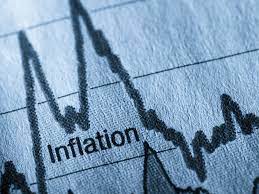The country’s inflation rate is just over 6 percent compared with an average of 8.5% in the UEMOA region, which shows the resilience of the Ivorian economy.
During a speech at his office on Monday, Prime Minister Patrick Achi said the government was working to preserve the purchasing power of the population and contain inflation to just over 6 percent, compared to an average of 8.5 percent in the UEMOA zone.
Inflation in some countries has reached “peaks of over 30 percent” he noted in comparison to that of Côte d’Ivoire, indicating that the government wants “to maintain strong growth in 2022 for Cote d’Ivoire at 6.8 percent.”
“In an extremely demanding global climate, we remain clearly optimistic for our country in 2023,” he said, adding that the government is working to strengthen government – private sector partnership.
The government wants to make the private sector its engine of growth.
With the recently launched PEPITE program, aimed at companies with high export potential in strategic value chains or those with a strong domestic impact, Côte d’Ivoire is accelerating the structural transformation of its economy and creating national champions.
To this end, the government plans to officially launch before the end of 2022 the GUDE, the future single entry point for businesses, which will facilitate their access to financing.
Cote d’Ivoire’s economic growth, set at 7.2 percent in 2019 after reaching 7.4 percent in 2018, dropped to 2 percent in 2020 following the Covid-19 health crisis that heavily impacted the state budget.
In 2021, the country has managed to achieve a growth rate of about 7 percent.
AP/fss/as/APA


